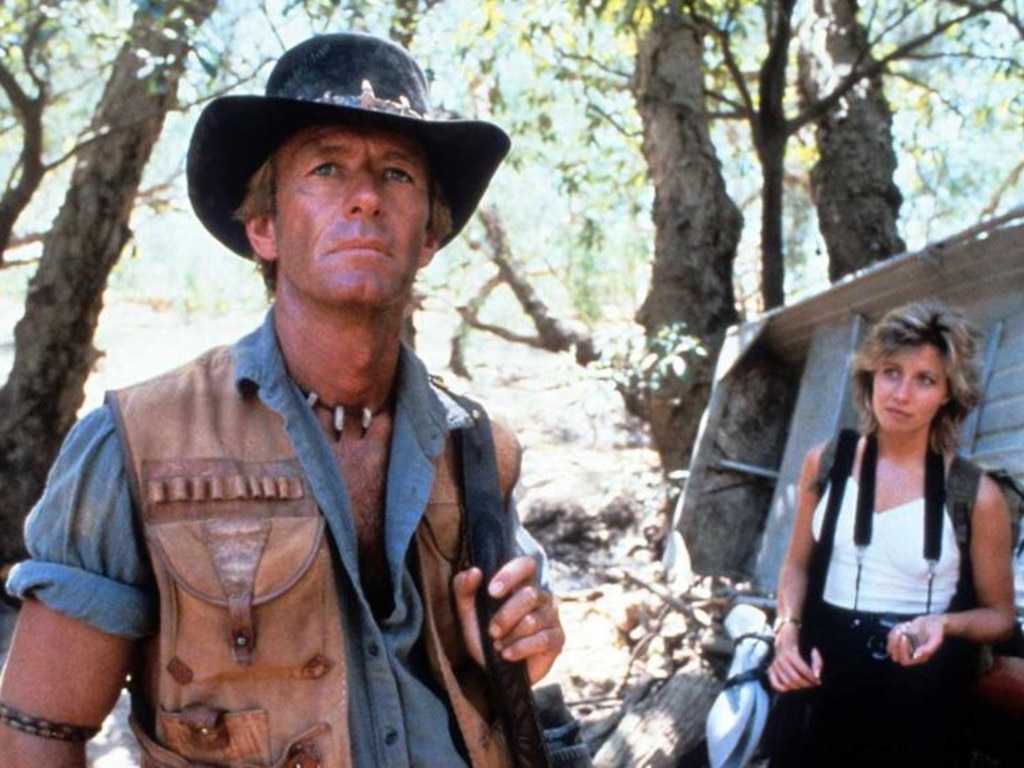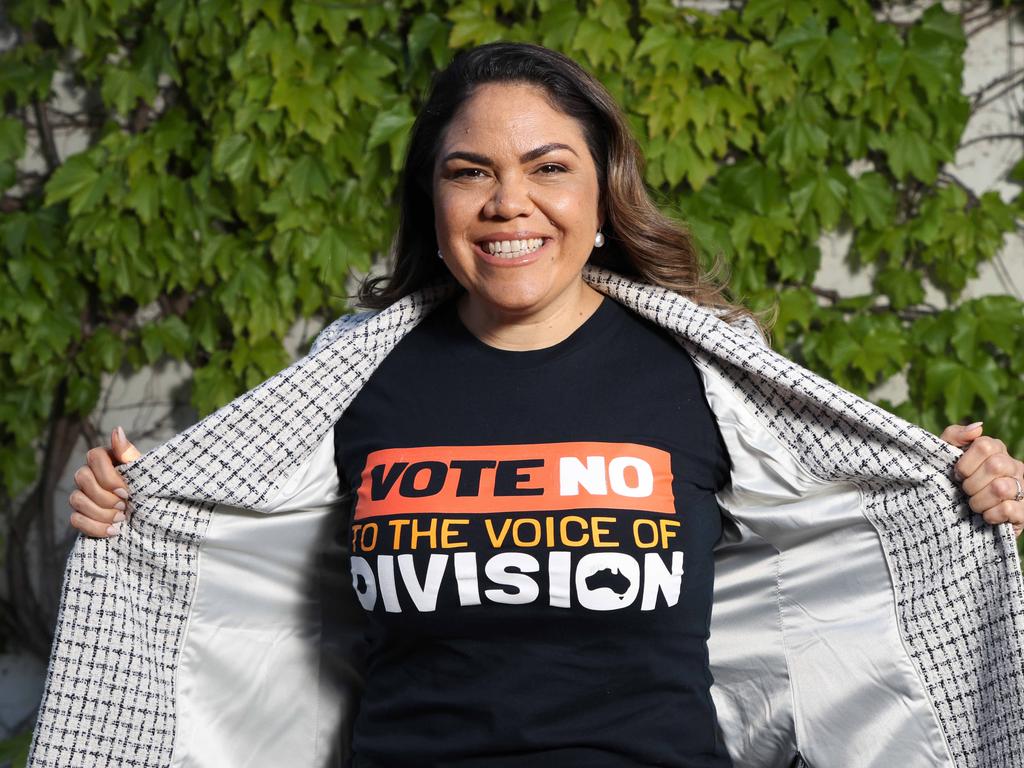
Robert Menzies established citizenship conventions on Australia Day where new migrants took out Australian citizenship. He thought combining citizenship ceremonies with the national day would help with the process of integrating migrants into the mainstream of our society. When Bob Hawke was prime minister, there was an explosion of national joy in 1988 for the bicentennial of Arthur Phillip’s arrival in Australia. John Howard always made a rousing speech about the great Australian success story.
It’s a tragedy that in recent years the gloomsters have taken over the national zeitgeist. They’ve been driven by the pseudo-intellectual bourgeois left in US universities who have promoted shame of history, salami-sliced society into racial groups, set gender against gender, and obsessed about people‘s private sexual preferences.
This year, the Australian people like their American counterparts, have just had enough of the gloomsters. The change in the national mood is almost palpable. Australians are proud of their country, proud of how it has evolved into one of the world’s most prosperous, fair and free societies. That’s something mighty to celebrate. Even our Prime Minister until very recently the leading campaigner for the gloomsters, has switched tack and decided to celebrate Australia Day. He should because, after all, he has to face an election in the next few months and the last thing the country wants is another three years of gloom about our past, division between us on the basis of race, and obsessions about LGBTQ+ people.

Australia hasn’t achieved so much without hard work. And wise decision-making. Last year, the Nobel prize for economics was awarded to economists Daron Acemoglu, Simon Johnson and James Robinson. They have produced fascinating work on why some countries have succeeded and others failed. Why has Australia been such a success while countries like Argentina, Brazil, South Africa and India have done less well?
Our friends from the pseudo-intellectual bourgeois left claim the reason some countries are rich is because they were colonial exploiters. That’s not the conclusion of the Nobel prize winners. Nor does that hypothesis measure up against practical observations of the success and failure of countries.
Johnson, Robinson and Acemoglu argue that success is born out of accountable democratic institutions. Countries ruled by autocrats who are less accountable to the mainstream of society inevitably fall short. The leaders run an extractive economy that benefits them and pays only superficial lip service to the wishes of their citizens. After all, they don’t have to worry about their citizens if they don’t have to worry about elections.
There’s more to national success than just holding elections, of course. The Nobel laureates argue there has to be a system of tradeable individual property rights. Those property rights have to be protected by the rule of law, and the rule of law has to be as impartial as humanly possible. It has to be possible for an investor to purchase assets and to generate a return on the capital invested. That positive return is only possible if the investor produces goods or services consumers – that is, the mainstream of society – actually want, at a price they can afford. That explains why Australia is so much more successful than, say, Argentina.
Underlying all this is a cultural assumption that the individual rather than the collective lies at the very heart of a successful country. When I used to make representations to the Chinese leadership about human rights, they would smile wanly and say to me “in your country individuals are very important whereas in our country it is the collective which counts”.
It’s true. Respect for the individual lies at the very heart of our national ethos. Our economy operates when it puts individual consumers ahead of the pleading and special interests of the producers. Our political system bows to the preferences of individuals on election day. We believe passionately in an individual’s right to say what she or he thinks. We allow individuals to work out their lifestyles and fulfil their own individual life ambitions, rather than some autocrat telling them what to do.

For generations, we’ve taken all this for granted. Where individuals haven’t been sufficiently free or respected we’ve made changes. In particular we have placed great emphasis on eliminating discrimination believing it is a moral principle that all individuals are of equal worth. We have operated on the assumption it is wrong to discriminate against people on the basis of their innate characteristics such as race, gender and, most recently, sexual preference.
Our friends from the bourgeois left have tried to change all that. They have promoted new forms of discrimination. This passion for neo-discrimination has infected our public services and the corporate world. They have embraced DEI policies with gusto. It’s even infected the Australian Securities Exchange, which is demanding companies discriminate against employing white men on their boards or as executives.
Gone are the days when boards and executives were required to maximise returns for shareholders. Now they’re supposed to become social laboratories. The latest proposed ASX governance guidelines say boards should instead focus on Aboriginal and Torres Strait Islander people, unions and environmental groups. The ASX claims companies with “diverse” boards and management perform better than those that select their boards and executives on the basis of merit. Recent studies show the gender and race of corporate management make no difference. And why would it? Discrimination against people on the basis of their innate characteristics only creates resentment. It’s little wonder companies are increasingly deserting the ASX.
The Australia Day weekend is a time to reflect on why it is that Australia has done so well. We have our faults but there isn’t a country or a society without them. Remember, even indigenous societies had their faults. There’s a rising tide of resentment and anger towards those who are trying to change our successful national formula and replace it with a system that has failed the world.
Alexander Downer is a former foreign minister and former high commissioner to the UK






A true national leader would use Australia Day to inspire a sense of proud patriotism throughout our country.